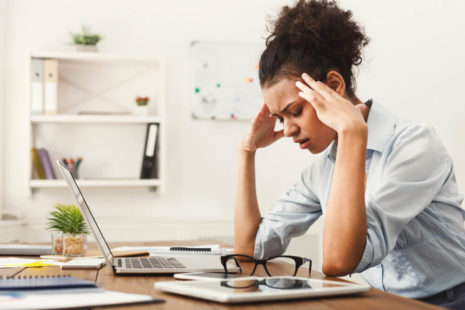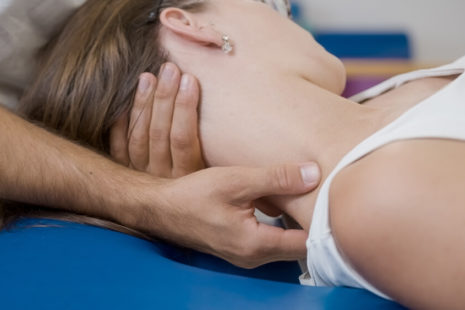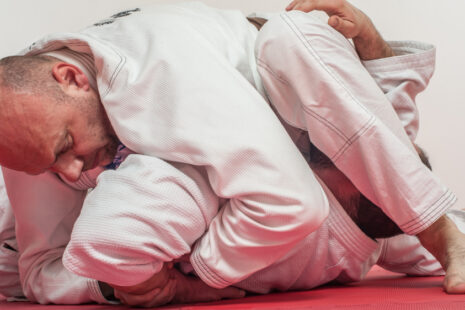The timeline for experiencing relief from anxiety through exercise can vary depending on individual factors such as the severity of anxiety, the type and intensity of exercise, consistency of exercise, and overall lifestyle factors. However, many people may begin to notice positive effects on their anxiety levels shortly after starting an exercise routine, while others may require more time to experience significant benefits.
Here are some general points to consider regarding how long it may take for exercise to help with anxiety…
- Immediate Effects – Some individuals may experience immediate relief from anxiety symptoms during or immediately after engaging in physical activity. Exercise stimulates the release of neurotransmitters such as endorphins, serotonin, and dopamine, which can promote feelings of well-being, reduce stress, and improve mood.
- Short-Term Benefits – Regular exercise can provide short-term relief from acute anxiety symptoms, such as tension, nervousness, and restlessness. Even a single session of aerobic exercise or high-intensity interval training (HIIT) can have immediate calming effects on the mind and body.
- Cumulative Effects – Over time, consistent engagement in exercise can lead to cumulative benefits for managing anxiety. Regular physical activity has been shown to reduce overall levels of anxiety and stress, improve sleep quality, increase resilience to stressors, and enhance overall mental health and well-being.
- Long-Term Habits – Establishing a consistent exercise routine as part of a healthy lifestyle can contribute to long-term improvements in anxiety management. Incorporating regular physical activity into your daily or weekly schedule and making it a habit can help maintain the positive effects on anxiety over time.
- Individual Variability – It’s important to recognize that individuals may respond differently to exercise in terms of its effects on anxiety. Factors such as personal preferences, fitness level, motivation, and underlying health conditions can influence how exercise impacts anxiety symptoms.
While exercise can be a valuable tool for managing anxiety, it’s essential to approach it as part of a holistic approach to mental health and well-being. Combining exercise with other strategies such as mindfulness, relaxation techniques, therapy, medication (if prescribed), healthy nutrition, and adequate sleep can provide comprehensive support for managing anxiety effectively.
If you’re experiencing significant anxiety symptoms, it’s advisable to consult with a healthcare professional or mental health provider for personalized guidance and recommendations tailored to your specific needs and circumstances.



